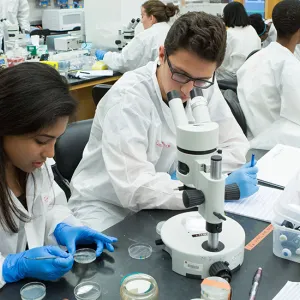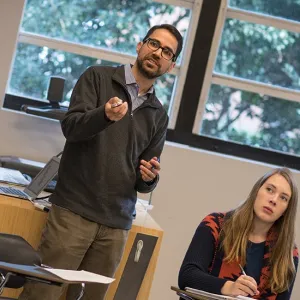The collection of information and data is an important way that campuses can better understand when and where sexual misconduct occurs and how best to prevent it.
Sexual misconduct doesn’t exist in a vacuum. And one survey, taken at one point in time, doesn’t necessarily present a complete picture of student health, sexual or otherwise.
To obtain the most complete picture of student health, Michigan State University conducts multiple surveys, and has done so for several years. Every two years since its inception in 2000, MSU has participated in the American College Health Association’s National College Health Assessment survey, a flexible tool that allows schools to map a wide range of health issues, from alcohol and tobacco use to nutrition and exercise to personal safety and violence.
Every three years, coming up next in spring 2018, MSU conducts a survey on “celebration drinking,” a study of high-risk drinking that occurs among college students around occasions of celebration, such as a 21st birthday, St. Patrick’s Day, or a home football game against a rival.
The university also issued its own campus climate survey, a quantitative and qualitative survey addressing broad questions about the MSU campus climate, including sexual misconduct and sexual harassment.
Prompted by the results of the AAU Campus Climate Survey, the school is expanding its knowledge gathering even further.
Annually, MSU conducts focus groups and holds an open forum to gather qualitative data from the community regarding the campus climate. Data gathered is used to develop recommendations and action plans as part of MSU’s focus on continuous improvement in the areas of prevention, education, and response. Starting in spring 2017, MSU is undertaking focus groups with male college students to explore their attitudes toward sexual behavior on campus. Also in spring 2017, the university will begin participating in the Multi-College Bystander Efficacy Evaluation (McBEE), a study led by the University of Kentucky and funded by the Centers for Disease Control and Prevention. Designed to evaluate the effectiveness of bystander intervention programs in reducing violence in college communities, the study will involve collecting data every spring for three years on sexual violence, intimate partner violence, bystander behavior, and climate.
These expanded research efforts will help MSU design targeted programs and refine existing efforts to combat sexual misconduct.



